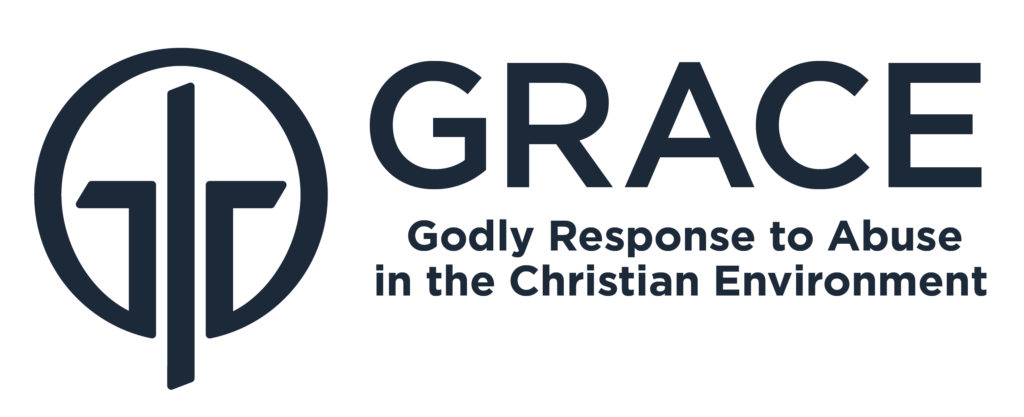
I cannot be the only person who shudders when I hear the word deliverance or exorcism used in connection with the ‘pastoral care’ of LGBT folk. Thankfully most Christians who belong to these communities and networks understand how to avoid such ‘ministries’. Word spreads quickly that a particular church in an area is not a safe place for LGBT folk. Some members of these networks may have discovered, to their cost, that any kind of involvement with these congregations is not just unpleasant, but it could even be described as dangerous. It assaults both mental health and general well-being. A recent book has been published on this theme by Matthew Drapper and he describes his experiences as a Christian gay man in Sheffield. He was receiving an inhouse training at St Thomas’ Philadelphia so that he could exercise the ministry of a youth worker. His attachment to the theology and style of an Anglican charismatic church was total but he found that his identity as a celibate gay man made his membership there increasingly problematic. In the end, after nearly three years training at the Church, he was forced to leave the congregation. He was thought to be some kind of threat to the well-being of the young people he was working with.
In Matt’s book, Bringing Me back to Me, he describes quite vividly the exorcism he was forced to endure as part of his earnest attempt to stay within the church community at St Thomas’. Anyone interested in the unpleasant detail of the process conducted at a Prayer Team weekend in Feb 2014 can read it for themselves in Matt’s book. I do not propose to dwell on the details of this event. Matt clearly believed, at the time, that the deliverance process might help him overcome his attraction to men. Clearly it did not, and Matt was left with serious trauma and an increase in his sense of shame and grief over not being straight. He had failed to become what he felt he was required to be. I tell the story in its bare outline because my concern is the fact that such processes are ever offered within an Anglican orbit. As a former diocesan deliverance adviser, I am clear that the ceremony described in Matt’s book would be considered a breach of every CofE bishop’s regulations about deliverance as well as a gross violation of good pastoral norms. Although the attempted exorcism took place some eight years ago, there is reason to believe that similar attitudes and practices still continue in parts of the Church of England. Churches who conduct these irregular forms of ministry, designed to remove the demon of gay attraction, probably also sit lightly on all forms of episcopal authority. When such ‘deliverance ministries’ take place, it is a serious matter and risks the infliction of significant pastoral and psychological harm. The recent debate on the issue of so-called ‘conversion therapy’ has reached the level of Parliament and we may find that this practice is seen as harmful and may be outlawed by the law of the land. The final decision on this matter has yet to be taken but there is clearly a large body of political as well as Christian opinion that feels that such legislation is necessary and urgent.
One of the difficulties that is encountered among Christians as they debate the issue of LGBT rights and morality is the background theology that conservative Christians use to make their arguments. Those who are clear that gay sex is always wrong and evil will often bring a crude demonology into the discussion to buttress their point of view. It is a difficult argument to contend with. For the conservative side, any tolerance of LGTB rights may in itself be ‘proof’ that the more open group is caught up in the thrall of demonic forces. You must be under the devil’s control if you fail to agree with ‘our’ conservative interpretation of Scripture. The idea that there could be more than one way to read Scripture, which seems to be the dominant Anglican insight expounded by the Living in Love and Faith process, is not entertained. The discussion also hinges on what we mean by demons. I will happily explain what I understand to be the demonic in Christian experience, but my use of such language probably would not be sufficiently literal to satisfy the conservative wing of Christian opinion. ‘The devil made me do it’ language does not cut it for me as a way to understand the issues of personal moral responsibility. Ascribing the moral failings of others as an example of surrendering to demonic influence is also suggestive of a weaponised theology which is meant to undermine critics of the conservative worldview. Debates about the nature of evil in the world are important but shorthand arguments about demons and Hell do not seem to explain anything at all.
It is extremely important to make sense of Scriptural accounts of Satan and the demonic. However we come to understand this language, I find myself completely unable to accept the use of this discourse as a weapon to be used against other Christians. In short, I deplore any attempt by Christians, whether in or out of the pulpit, to attempt to terrify or manipulate others by telling them that they are destined for Hell or under the control of the devil because they do not agree with the speaker. I have noticed how devil language often seems to enter the discourse about equal marriage. The implication is that if you do not agree that a condoning of gay marriage is the worst thing a Christian can do, then you are likely to end up in Hell. Mention of the devil is or can be a serious form of hate speech. How else should we describe language that tells another person that they are possessed? It is abusive and certainly discriminatory,
Readers of Surviving Church will be familiar with the story of Lizzie Lowe who killed herself at the age of 14 believing herself to be wicked and beyond the God’s forgiveness because she had same sex attraction. No one in her circle openly accused her of evil thoughts but she had internalised a thoroughly negative perspective from the few references to the topic that she had heard in sermons at church. Given the fact there will always be a number of LGBT folk attending a congregation without necessarily making it public, a preacher must always be extremely sensitive to this likelihood before preaching on the topic using inflexible and condemnatory language. We have already called anti LGBT rhetoric potentially hate speech. We could also describe it as dangerous and inflammatory. How far should our membership of the Anglican family suggest that such language is wrong and unacceptable?
In this blog post I am suggesting that if we overlook the danger, the cruelty and the trauma meted out to LGBT people in the name, we think, of an ‘orthodox’ reading of the Bible, we are doing real violence to the Christian faith. Arguing for a theological position is one thing, but to allow these same arguments to do harm to maybe vulnerable people – this becomes a safeguarding issue. The LGBT community surely has right to practise its Christian faith in communities that do not question their right to exist and to claim salvation. The Living in Love and Faith process continues its journey through the CofE and we are all aware of the probability that our Church will never agree on the topic. The question that is still more urgent is not, who is right and who is wrong, but whether we are ever entitled to commit pastoral violence towards those we disagree with. Should members of our Church ever be permitted to threaten the LGBT community with Hell and enslavement by the demonic realm? These extremes of rhetoric and pastoral practice can do so much harm.
‘The devil walking about seeking whom he may devour’. These words from the traditional version of compline remind us of the binary struggle between good and evil that exists within the imaginations of so many Christians. Are we really going to suggest, as some Christians do, that the chief stumbling block to wholesome faith is the attitude we currently take on the gay marriage issue. In 2022 you might think, to judge from the rhetoric in some places, that the only moral issue some Christians are concerned about is this topic. For myself the primacy of the Gospel or good news is not defined by my attitudes over same-sex marriage, but my readiness to promote a world in which God’s shalom, as proclaimed by Jesus, is found.







